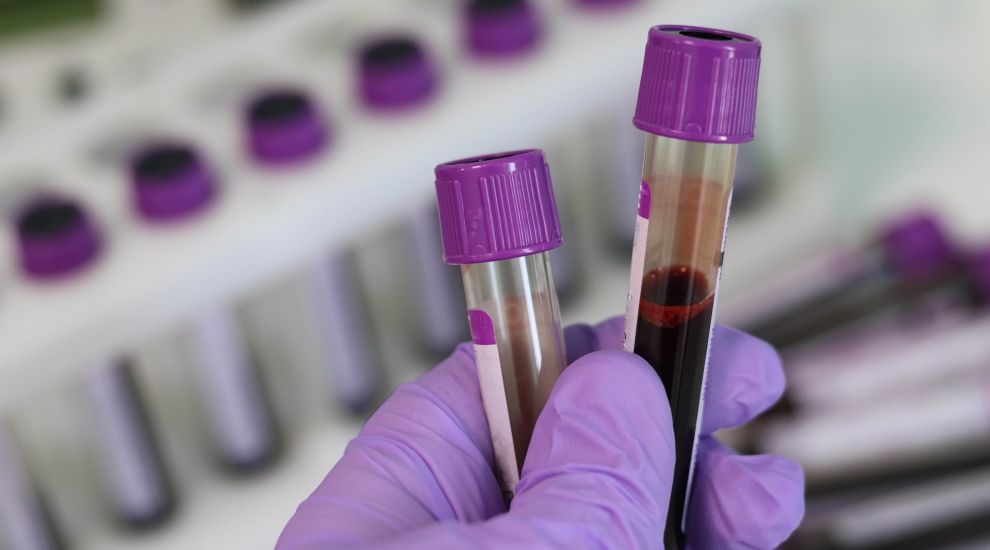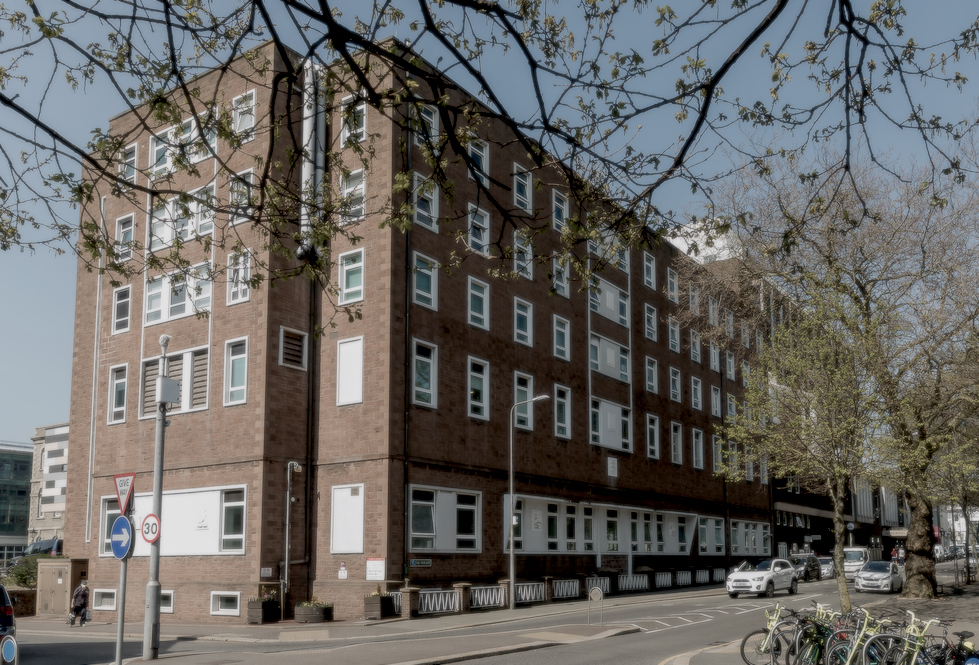


The island’s Chief Analyst has apologised after a blood sample contaminated with high levels of a cannabis-linked compound led a man to wrongly be convicted for driving while under the influence of drugs last year.
Anthony Bouchard pleaded guilty to the drug-driving offence in the face of what was described as “expert evidence that, in fact, was entirely wrong”.
But his conviction was quashed on 10 September after the Court was told of the laboratory error.
Chief Analyst Nicholas Hubbard told Court that processes have since been updated “in order to ensure that this can never happen again”.
Other cases were also re-analysed, but “no flaws” were identified with any of the other results.
He apologised to Mr Bouchard and the Court for the “inconvenience caused”.
Mr Bouchard was originally charged and convicted after a member of the public reported his driving – which included reversing up a one-way road in St. Helier – to the Police in July 2020.
Pictured: The appeal was heard in the Royal Court last month, and a judgment made public yesterday.
While Mr Bouchard’s behaviour was described as “unremarkable”, his appearance and the report about his driving led an officer to suspect he may be driving while under the influence of drink and drugs.
A blood sample was taken by a forensic medical examiner at Police headquarters, which was then analysed at the office of the Official Analyst of the States of Jersey.
The analysis revealed low levels of diazepam, but more than double the prescribed limit of THC (4.1mg) – the substance in cannabis that leads to psychoactive effects. While cannabis can be prescribed, Mr Bouchard was not found to have a prescription.
After being charged, Mr Bouchard told Court that he had taken diazepam the night before, but said he had not smoked cannabis that day.
“He said he smoked cannabis infrequently at the time, not every day, and would have smoked cannabis approximately three to five days before being arrested. He would have smoked a small amount of cannabis, probably one to two joints, containing approximately 0.3g,” the Court explained in its judgment.
Mr Bouchard said he “did not know how long cannabis stayed in his body” and was unaware if it had “left my system” by the time of his arrest.
Wanting to “get things over and done with” when he appeared in Court, and also receive credit for a guilty plea, he admitted to the offence. He was subsequently sentenced to community service and disqualified from driving for 18 months.
However, having carried out some research after his conviction, he was “surprised” that there were sufficient levels of cannabis in his blood to have led to the laboratory’s finding.
His father encouraged him to appeal and request that his blood sample be re-analysed.
That analysis was carried out in April this year, finding diazepam in his blood but no THC whatsoever.
The Chief Analyst told Court that the original finding of THC “could have only been explained by the contamination of the reagent” used to separate drug substances from blood.
“This reagent was made up at the laboratory in Jersey and must have been contaminated during that process,” the judgment said.
“Mr Hubbard was unable to explain how the THC got into the reagent – it must have been human error.”
The Chief Analyst explained that an additional quality assurance check of a ‘blank’ blood sample supplied by the General Hospital is now always analysed at the same time using the same reagent to ensure that his lab identifies any false positives.

Pictured: The hospital now provides a 'blank' blood sample for comparison to ensure false positives do not arise in future.
“To ensure that there were no other cases where the same error may have occurred, all cases where the same contaminated reagent was, or may have been, used were reanalysed. Some of those cases involved samples where THC was detected to be present. THC was found to be present again in all those cases and there were no flaws identified with any of the other results of analysis,” the Court heard.
Forming its conclusion, Court explained that it had some difficulty in dealing with the appeal, given Mr Bouchard’s guilty plea.
However, having referred to a previous case, they noted that “the Court does retain a jurisdiction to entertain an appeal against conviction, notwithstanding the entry of a guilty plea, where the appellant either did not appreciate the nature of the offence, or there were other grounds entitling the Court to do so.”
Maintaining that there “will always need to be wholly exceptional circumstances to permit an appeal in such circumstances”, the Court went on to conclude: “However, we were satisfied that in these particular circumstances, namely where the Appellant elected to plead guilty exclusively by reference to expert evidence that, in fact, was entirely wrong, and demonstrated to be so, thus undermining the entire basis of the conviction, that the Court has a jurisdiction to consider an appeal against conviction.
“In these circumstances we elected to permit the Appellant to appeal his conviction and quashed the same.”
Deputy Bailiff Robert MacRae was presiding, sitting with Jurats Collette Crill and Steven Austin-Vautier.
Comments
Comments on this story express the views of the commentator only, not Bailiwick Publishing. We are unable to guarantee the accuracy of any of those comments.